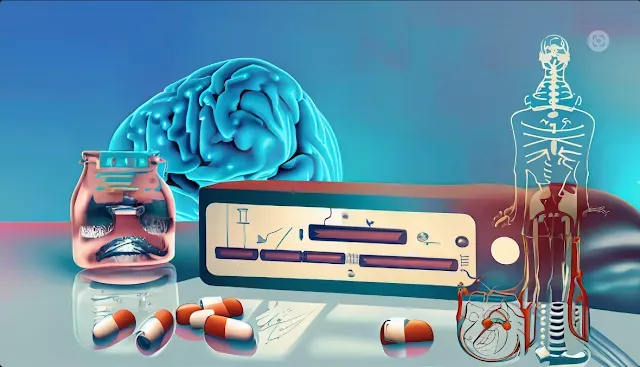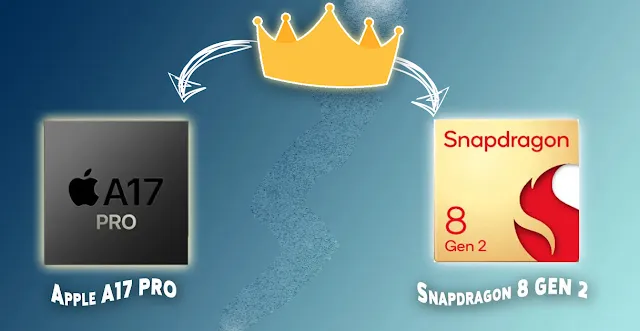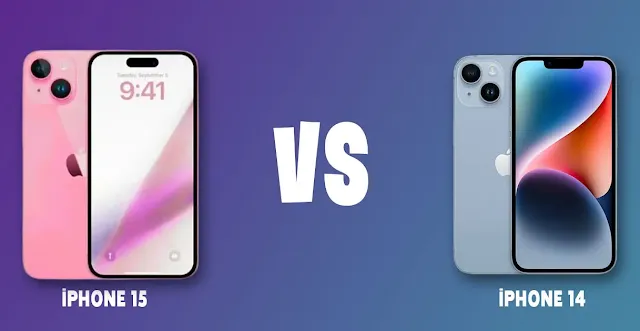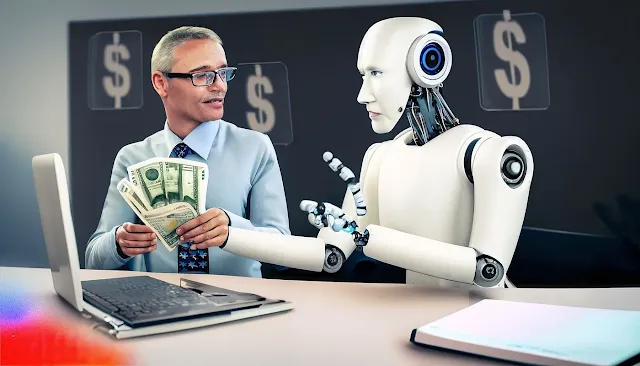 |
| ai transforming health care system |
Why Is AI Transforming the Health Care System?
In the rapidly changing field of healthcare, a remarkable phenomenon has emerged, heralding a transformation like never before Artificial Intelligence (AI). This AI, like a wizard, dives deep into mountains of data, sparking a revolution in how we handle medical care. In this captivating discussion, we will unveil the hidden ways AI is designing a healthcare system that's like a dream come true - one that's incredibly tailored to each person, super efficient, and places patients at the very center of it all.
In this blog post, we talk about these things:
- 1. The Mystery of How AI Can Diagnose Things: We explore how AI works its magic to figure out what's wrong with people's health.
- 2. AI's Special Medicine: It's like a personalized magic potion for everyone! We'll see how AI makes treatments just right for each person.
- 3. AI's Special Recipe for Finding New Drugs: We dive into how AI helps find new medicines that can help people feel better.
- 4. AI as a Guardian Angel: AI watches over patients even from far away. We'll see how it does this.
- 5. Predicting the Future of Your Health: AI can tell us what might happen with our health before it does. We'll find out how it does this.
- 6. Making Healthcare Better with AI in the Court
- 7. How NLP Transforms Words into Healing
The Mystery of How AI Can Diagnose Things:
Imagine you're feeling sick, but you're not sure what's wrong. AI is like a medical detective. It looks at all your health information like a doctor would, but super fast. It helps doctors find out what's making you sick. It's like having a friendly expert who can understand lots of complicated things and give you answers when you're worried.
For example, if you have pain in your tummy, AI can quickly analyze your symptoms, your medical history, and maybe even compare it to millions of other cases. Then, it can tell the doctor that you might have a tummy bug or something else. This helps the doctor know what tests to do and how to treat you.
AI's Special Medicine:
Think of AI as a chef who cooks different meals for each person's taste. It can make treatments that are just right for you. Instead of everyone getting the same medicine, AI personalizes it. It looks at your unique body and sickness to give you the best treatment possible.
For instance, if you have a headache, AI can suggest a painkiller that works best for you. It considers things like your allergies, age, and other medicines you might be taking. This way, you get medicine that helps you without causing any harm.
AI's Special Recipe for Finding New Drugs:
AI is like a brilliant scientist in a lab, but it's super quick at experiments. It helps find new medicines to make people healthier. Imagine it's searching for a treasure, but the treasure is a new drug that can cure diseases.
For example, AI can look at lots of data about different chemicals and how they react. It can predict which ones might work as a new medicine. This means we might discover new drugs faster and save more lives.
AI as a Guardian Angel:
Picture AI as a caring friend who watches over you, even when you're far away from the doctor. It can keep an eye on your health and warn the doctor if something's not right. It's like having someone there to protect you.
For instance, if you have a heart condition, AI can be connected to a device in your home. It can notice if your heart is acting strangely and tell the doctor right away. This way, you get help quickly, and it feels like someone is always looking out for your well-being.
Predicting the Future of Your Health:
Think of AI as a wise fortune teller for your health. It can see into the future and tell you what might happen if you don't take care of yourself. It's like having a caring grandparent who advises you on staying healthy.
For example, if AI looks at your health history and lifestyle, it can predict that you're at risk of diabetes. It will tell you to eat better and exercise to avoid it. This can help you live a longer and happier life. It's like having a guide that cares about your future well-being.
Imagine AI as the court magician of healthcare, working behind the scenes to optimize operations and ensure everything runs smoothly. It's like having a wizard who can manage all the complex tasks of a kingdom with precision and speed.
Making Healthcare Better with AI in the Court
AI plays a vital role in streamlining healthcare processes. For example, it can help hospitals manage their resources more efficiently by predicting patient admissions and discharges. This ensures that there are enough beds and staff available when they're needed, reducing wait times and improving patient care. Additionally, AI can help healthcare providers manage their schedules better. It can analyze data to create more balanced workloads for doctors and nurses, reducing burnout and ensuring that patients receive the best care possible.
Example: The Human Touch: AI's role in optimizing healthcare operations ultimately benefits patients. It means shorter wait times, more focused and rested healthcare professionals, and a healthcare system that runs more smoothly, all contributing to a better overall experience for patients.
How NLP Transforms Words into Healing
Natural Language Processing (NLP) is like the language magician of AI. It has the power to transform words and conversations into valuable insights and healing tools. It's like having a wizard who can understand and interpret the language of healthcare. NLP is a branch of AI that focuses on understanding and processing human language. In healthcare, NLP can transmute spoken or written words into valuable information. For example, it can analyze doctor-patient conversations and medical notes to extract important details about a patient's condition. One of its remarkable applications is in medical transcription. Instead of doctors spending hours transcribing their notes, NLP can do this automatically and accurately. This saves time and reduces the risk of errors in medical records.
NLP can also help improve patient care by analyzing patient feedback and reviews. It can identify common issues or concerns raised by patients, allowing healthcare providers to make necessary improvements.
Example: NLP's ability to understand and process language in healthcare makes communication smoother and more efficient. It's like having a language expert who can translate complex medical jargon into plain language, ensuring that everyone involved in your care understands what's happening and why.
Conclusion:
In this mystical journey, AI rises like a phoenix, reshaping the healthcare landscape into a majestic tapestry of healing. From the sorcery of diagnostics to the elixirs of personalized treatment, the alchemy of drug discovery, and the guardianship of remote patient care, AI enchants every corner of healthcare. In this era of transcendence, healthcare professionals are empowered to deliver healing like never before - a symphony of care that orchestrates better outcomes and a healthier, radiant future for patients across the cosmos. Let us, as stewards of this wondrous gift, embrace the AI sorcery and unlock the boundless potential it holds for our sacred calling - healing the world, one life at a time.










